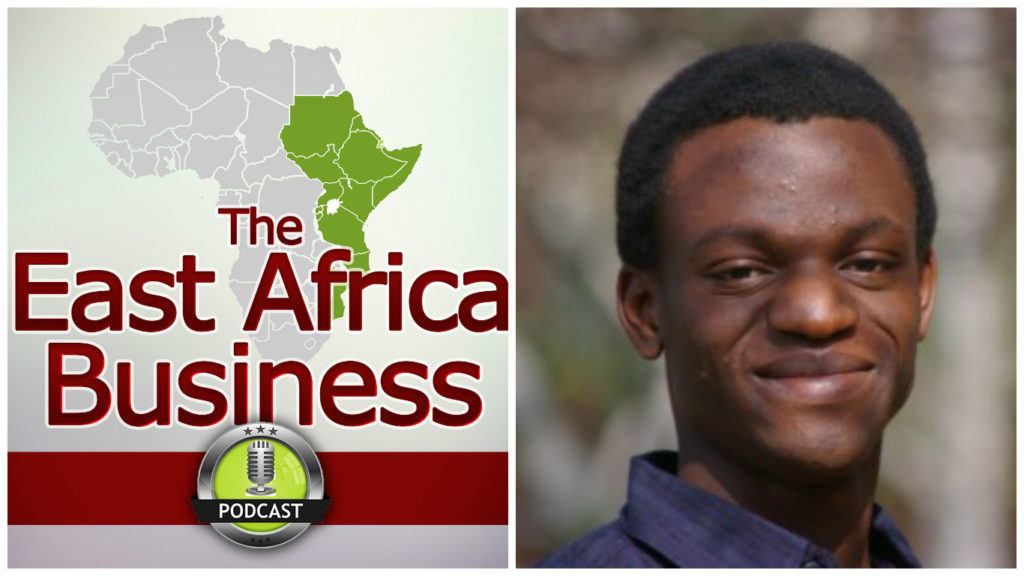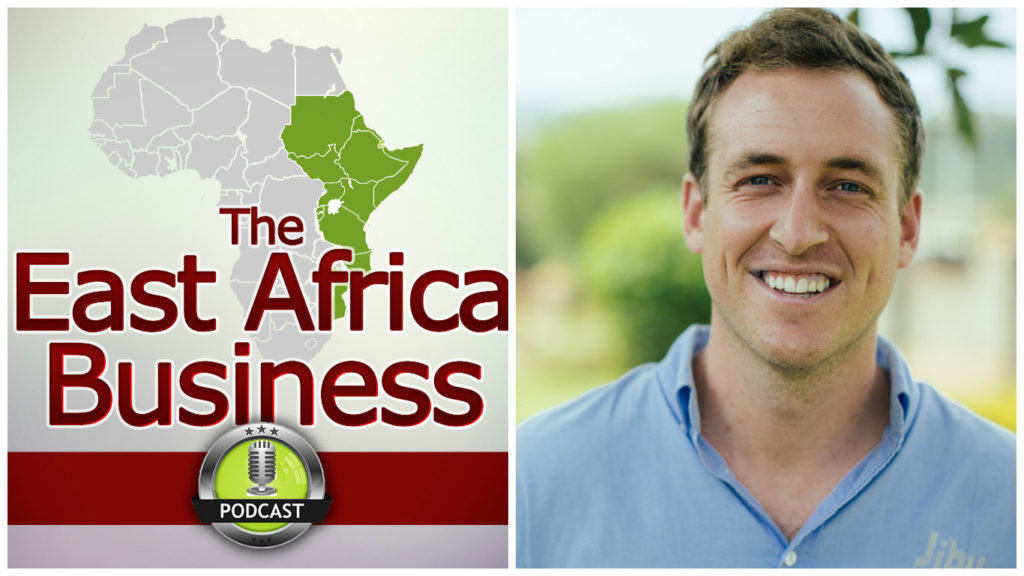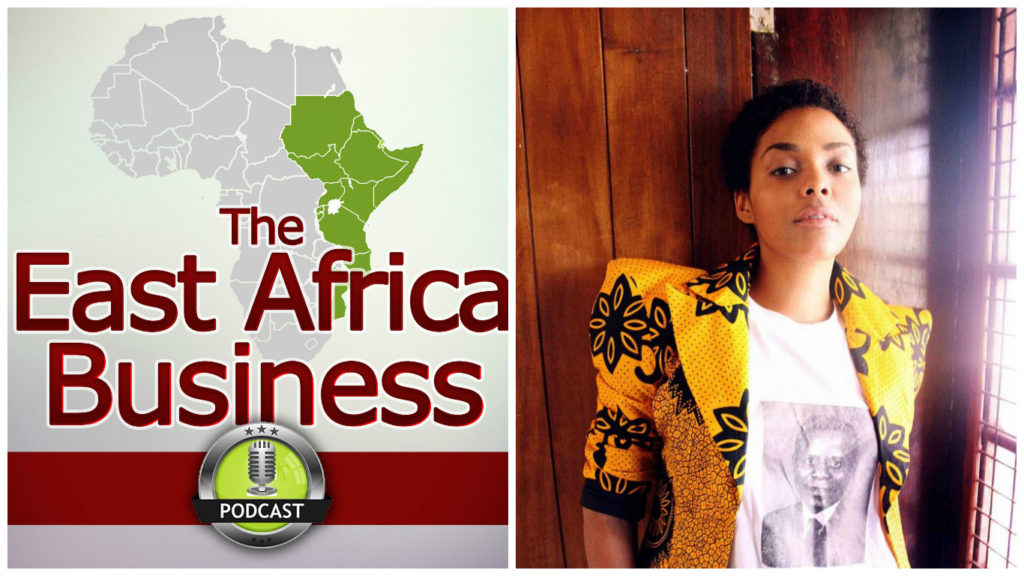Overview
Interest rates in Uganda, and indeed the whole East Africa region, are by Western standards, very high.
A small business looking for a short term loan from a bank will be expected to pay in the region of 10% interest per month.
In an economy where payment is often made upon delivery, this causes problems in terms of getting access to working capital.
In this episode, Bakka and I discuss Patasente, the platform he has started to essentially crowdfund credit agreements for small businesses so that they can raise funds to take on new contracts that come in, and grow their business.
Sign up below to hear whenever there are new stories and episodes released on the podcast
Here are the key quotes
“I’m passionate about what finance can do to develop entrepreneurship”
Patasente is a credit marketplace to allow people to guarantee or loan growing businesses in Africa
“We use crowdfunding to raise working capital”
Local businesses list purchasing orders on Patasente. Patasente fronts the cash once enough people have agreed to buy parts of the contract.
“Small & Medium Enterprises are the main recipients”
These companies have the ability to get new orders and customers, but have issue with getting capital and so they are the main customer for us.
“Alternatives are: to avoid big orders…
Not engaging with buyers who have payment terms of 30-90 days means working capital is retained, but typically the business stays stagnant.
“… or go to money lenders”
Other informal lenders charge up to 20% per month. These require fixed assets which often they do not have.
“We don’t require collateral for our financing”
Because it is all based off the Local Purchasing Order (LPO) we validate the creditworthiness of the trade buyer, rather than requiring a fixed asset like the banks.
“There are many moving parts to giving this type of financing”
Understanding the contract type, payback time, buyer reputation, product monitoring etc. Because of this, banks have not entered the market for this type of financing.
“Developed markets have credit scoring”
This sophisticated market means that banks are much more comfortable offering credit in such an environment.
“We research buyers before accepting the contract”
There are some ‘big names’ in Uganda who already have a good reputation. We research whether they pay on time etc.
“We research recipients before accepting the contract”
Is the person receiving the money actually going to be able to fulfil the order and receive the payment in due course. Have they got experience in the industry they are operating in.
“What’s the worst case scenario”
Does the underlying asset have inherent value if everything goes wrong? Is the good perishable/ will it be possible to resell.
“We have an internal list of approved buyers”
If a borrower brings an LPO from a buyer Patasente has used before, it’s a matter of hours before the cash is approved.
“Otherwise our ground work takes 48 hours”
We send people out on the ground to assess the company asking for the money, often undertaking an alter ego.
“SME typically pay 5-10% of lump sum”
Most occasions SMEs get paid back within 90 days and so it looks like 1.5-3.5% per month
“Typical investors are local Ugandans with a bit of cash”
They need to happy with the level of risk, and also are looking to invest.
“We recommend establishing a portfolio”
Most investors are asked to buy a range of loans to diversify their risk.
“Investors choose loans from the Patasente”
We tested it in person first, and then decided to build a website once we saw the idea was working.
“We also do due diligence on the lender”
When the person registers they give over information (bank statement, ID, where they stay) to verify they are a real person.
“Investors use mobile money when they live far away”
Patasente has a transaction account that people who can’t meet in person use to send mobile money.
“We finance 50% of the loan that we list”
This shows the investor that they are invested as well. We typically get a good return on this part of the financing.
“There’s little regulation on how much we can lend out”
We assess how much capital we have and therefore how much we can lend out.
“An equity investor provided our initial capital”
This is the money that we use for lending out as part of the loan.
“Payment infrastructure is our biggest challenge”
Transaction fees take up a lot of the cost of moving money around, both nationally and internationally.
“Data is needed to evaluate creditworthiness”
Both from the borrower and the buyer. Getting more information on who is receiving the LPO and issuing it.
“Our vision is to make Africa’s number one credit marketplace”
It’s a big market, and by laying strong foundations we can expand to make this the de facto way for SMEs to raise finance.
“Patasente means: “find/get” “money”
A combination of Swahili and Luganda
Social Media Follows etc.
Company website: Patasente
Bakka on Twitter: @GeorgeBakka
Company profile: VC4Africa


